Description
The Sufi commentary on the Qur’an by ‘Abd al-Razzaq al-Kashani (Ta’wilat al-Qur’an)—long believed to have been written by Muhyi al-Din Ibn ‘Arabi (d. 1240)—is one of the masterpieces of Sufi exegesis. It is a complete commentary on the Qur’an, commenting on every chapter but not on every verse. A Sufi Commentary on the Qur’an is the first translation into English of this seminal work.
Though little is known about the life of ‘Abd al-Razzaq al-Kashani (d. between 1329-35), it is accepted that he studied under Mu’ayyid al-Din al-Jandi, who himself had studied with Sadr al-Din Qunawi, the stepson of Ibn ‘Arabi and leading exponent of Akbarian doctrine. Despite the paucity of information on his life, Kashani is recognised for the significant contribution he made to the school of Ibn ‘Arabi; his influence and legacy lie in his systemisation of the ideas and thoughts of Ibn ‘Arabi. The central theme of Kashani’s commentary on the Qur’an is gnosis or direct experiential knowledge of God: the seeker of the Divine is to engage in dedicated spiritual exertion in conformity with the Sacred Law until the heart becomes illuminated.
The Ta’wilat al-Qur’an has been translated in two volumes: Volume I includes the commentary from the first Chapter, The Opening (al-Fatiha), until the eighteenth Chapter, The Cave (al-Kahf); while Volume II includes the commentary from Chapter nineteen, Mary (Maryam), to the end of the Qur’an.
Dr Feras Hamza is the translator of Volume I of A Sufi Commentary on the Qur’an. He is the Head of the School of Humanities, Social Sciences and Health at the University of Wollongong in Dubai and Associate Professor in International Studies.


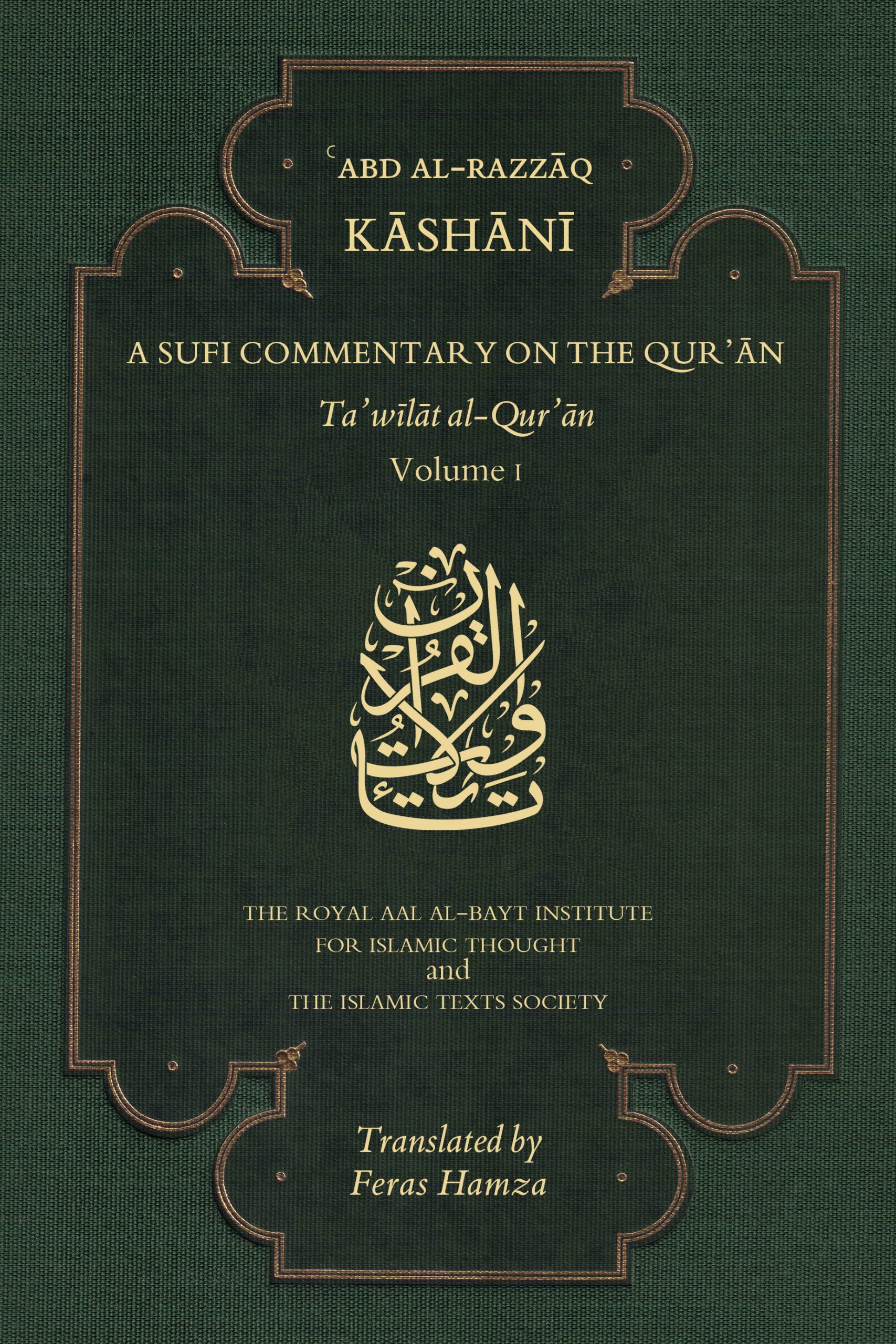
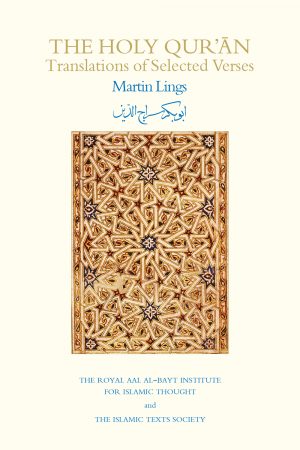
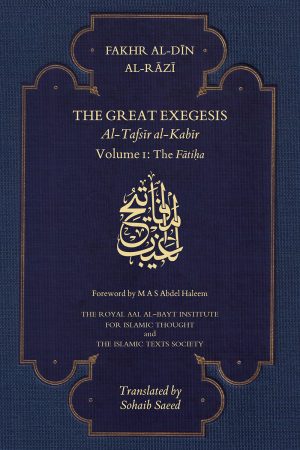
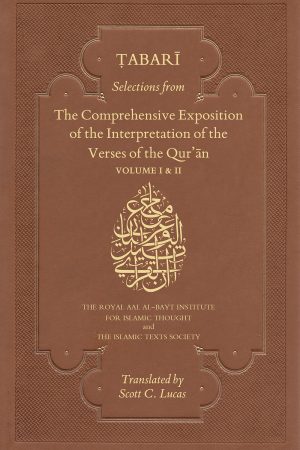
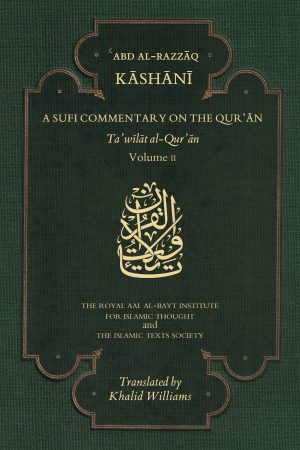
Reviews
There are no reviews yet.